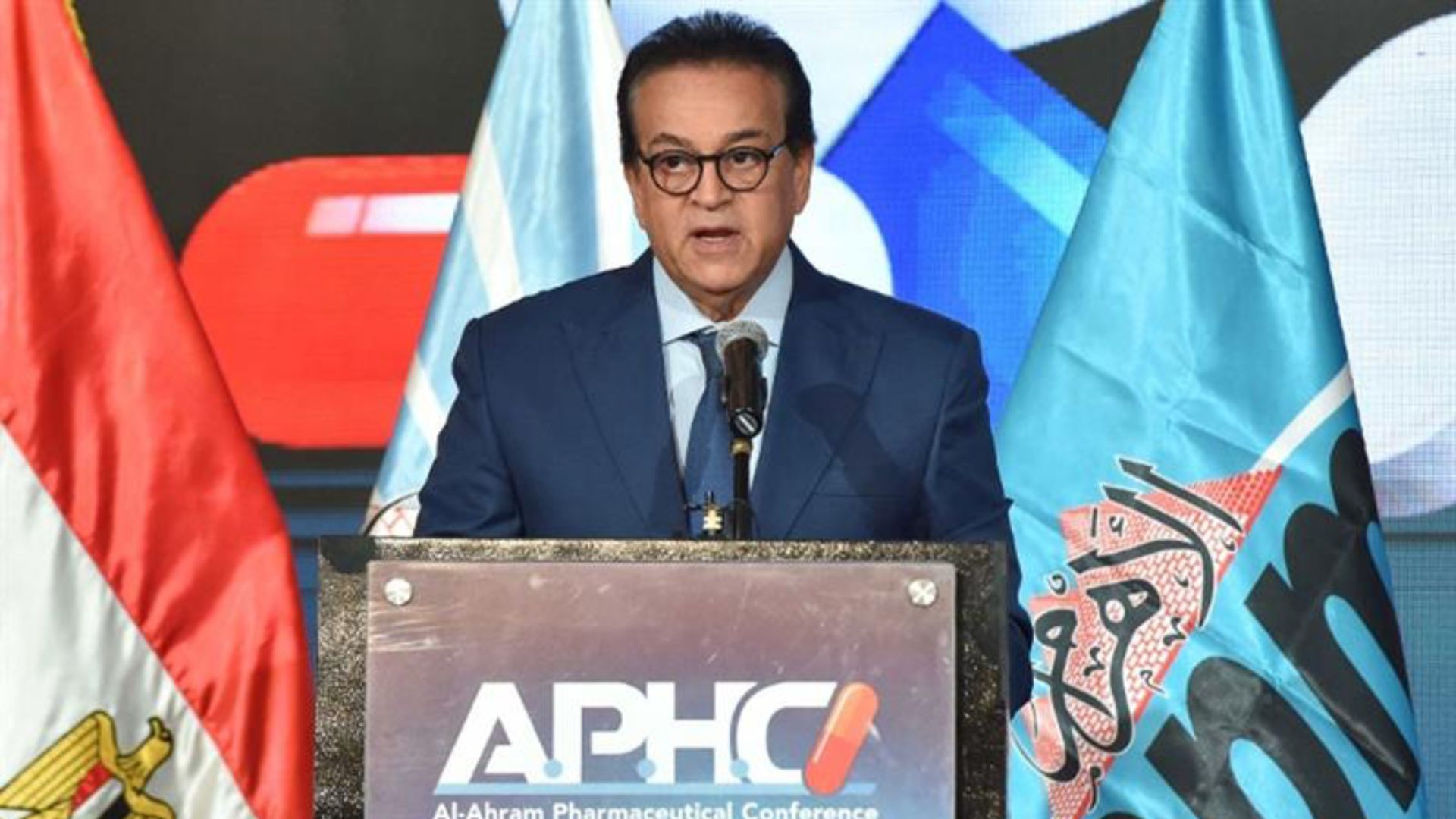Abdel Ghaffar said that the pharmaceutical industry’s annual foreign currency needs amount to $3bln, covering the costs of importing active and inactive ingredients, as well as packaging materials
Deputy Prime Minister and Minister of Health and Population, Khaled Abdel Ghaffar, stated that the size of the pharmaceutical industry in Egypt amounted to EGP 300bn, with the private sector and multinational companies accounting for 90% of the sector. This reflected confidence in the Egyptian market which offers products suitable for export.
Abdel Ghaffar said that the pharmaceutical industry’s annual foreign currency needs amount to $3bn, covering the costs of importing active and inactive ingredients, as well as packaging materials. Due to challenges in securing foreign currency in previous times, the pharmaceutical industry has faced crises during this period.
He added that over the past four months, this crisis has begun to fade, and there has been a return to normalcy. However, there remains an issue related to citizens’ awareness and culture regarding medication use. Changing this culture falls on the shoulders of doctors, who must educate patients about alternative medications that serve the same purpose, as well as the media institutions.
In a press conference held on Saturday, the minister noted that Egypt is classified as one of the highest consumers of medication, reflecting many negatives that need to be addressed, such as requiring a prescription for medication dispensing and ensuring there is a medical necessity for specific medications. Therefore, professional entities should focus on raising awareness among citizens to reduce unnecessary medication consumption.
He stated that by 2050, it is expected that around 10 million citizens will die from consuming antimicrobials, primarily antibiotics, which need to be controlled to prevent unnecessary usage. There is a part of the community’s culture that heavily relies on them. He emphasized the importance of monitoring this issue by the Egyptian Drug Authority, along with a cultural shift among doctors and pharmacists regarding the need to manage antibiotic consumption.
He further highlighted the importance of supporting the pharmaceutical industry, localizing and developing this large sector and increasing its export capacity. Egypt currently exports pharmaceuticals worth only $1bn, but this could rise to $2-3bn annually with support for the industry.
He pointed out that pharmaceutical education in Egypt is a crucial area that needs development, with efforts to improve learning processes and curricula in pharmacy education and to design new programs that keep pace with advancements in the industry.
For his part, Chairperson of Egypt Healthcare Authority Ahmed El-Sobky stated that the issue of drug availability has become a globally significant concern, as the global pharmaceutical market exceeds $1.5tr. More than 2 billion people worldwide lack access to medication, according to the World Health Organization. The issue of drug availability is escalating amid economic crises, and Egypt is part of this global scenario.
El-Sobky said that the Egyptian Drug Authority and the Unified Procurement Authority have made tangible successes in localizing the pharmaceutical industry, efforts that complement the government’s plan to increase Egyptian pharmaceutical exports to global markets from $1bn currently to $3bn by 2030, as announced by Prime Minister Mostafa Madbouly. This contributes to implementing the comprehensive strategy of the Egyptian state to maximize the volume of Egyptian exports and enhance contributions to the national economy.
He discussed efforts to develop Egypt’s healthcare system through collaboration among relevant state institutions, including the Comprehensive Health Insurance Authority, implemented in six governorates with plans for nationwide expansion by 2030. This year, the healthcare sector launched the “Reference” initiative to standardize clinical protocols for diagnosis and treatment in hospitals under the insurance system.
The initiative includes implementing the latest medical methods and continuous training for medical staff. A total of 300 clinical protocols have been prepared for 20 key specialities, with training underway for personnel.
El-Sobky concluded that 80-90% of cases under the insurance system require medication, emphasizing the need for effective treatment provision, adding that the recent launch of an electronic prescription project to rationalize drug consumption, was initially implemented in hospital departments and set to extend to outpatient clinics soon.




